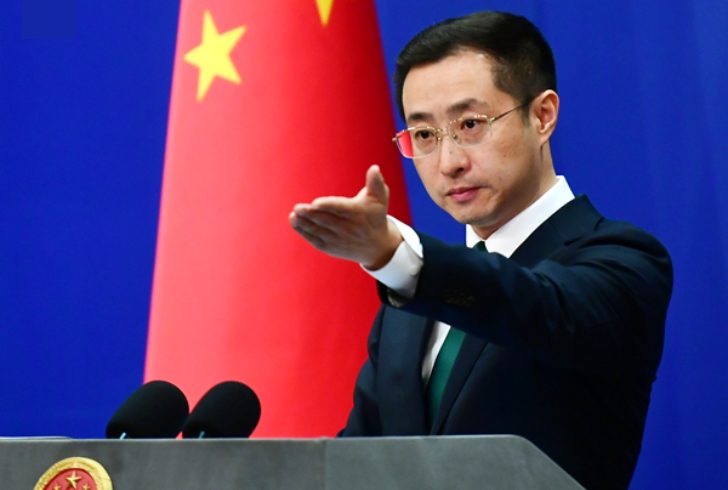In recent times, concerns regarding national security have prompted the US government to take significant measures in the automotive sector. The proposed US smart car ban seeks to prohibit the sale or import of vehicles equipped with specific technology from China and Russia.
This move, driven by fears of potential hacking and data breaches, underscores the growing need for robust security measures in the era of connected vehicles.
Understanding the Implications of the Ban
The US Department of Commerce’s investigation, initiated in February, revealed alarming national security risks tied to the integration of foreign technology in American vehicles. Officials discovered that embedded software and hardware from countries like China and Russia could enable adversaries to conduct remote sabotage and collect sensitive data about drivers. This situation raises a crucial question – how vulnerable are smart vehicles to external threats?

Secretary of Commerce Gina Raimondo highlighted the severity of the situation, stating, “In the worst-case scenario, foreign adversaries could take control of all vehicles operating in the US simultaneously, leading to disastrous outcomes.” This assertion emphasizes the potential dangers associated with compromised smart car technology.
Key Details of the Proposed Ban
The proposed regulation specifically targets smart vehicles, a term that encompasses nearly all modern automobiles that utilize network connections for various functionalities, such as roadside assistance and satellite communications. Here’s a breakdown of the key aspects of the proposed ban:
1. Scope of the Ban – The regulation applies to vehicles for the 2027 model year regarding software and the 2030 model year for hardware. Notably, cars already on the road that contain Chinese technology will not be affected by this ban.
2. National Security Focus – US officials stress that this move is purely about national security, rather than economic protectionism. Raimondo clarified, “This is not about trade or economic advantage. It’s strictly a national security action.”
3. Public Input and Future Regulations – Following the announcement, there will be a 30-day public comment period, allowing stakeholders to voice their opinions. The Department of Commerce aims to finalize the regulations before the end of the current administration.
A Struggle for Technological Supremacy
This proposed ban is not an isolated incident but part of a larger narrative between the US and China regarding the control and security of critical technology, from semiconductors to artificial intelligence. China has made substantial investments in the connected car sector, raising concerns about the potential risks posed by Chinese manufacturers gaining a foothold in the US automotive market.
Additionally, US officials have expressed unease regarding electric charging stations and other infrastructure that could be compromised due to foreign technology. National security adviser Jake Sullivan remarked, “We’ve seen clear evidence of malware being positioned on our critical infrastructure to enable disruption and sabotage.” The concern is that the presence of smart cars with vulnerable technology would heighten these risks significantly.
Responses from China and Industry Impact

In response to the proposed US smart car ban, Chinese officials have dismissed the allegations regarding cybersecurity threats as unfounded. Lin Jian, spokesperson for China’s Foreign Ministry, stated, “We urge the US to respect market principles and provide an open, fair, and transparent business environment for Chinese enterprises.” This sentiment reflects the ongoing tension between the two nations in the realm of trade and technology.
The proposed ban also comes alongside initiatives aimed at supporting American autoworkers, especially in critical states like Michigan. These efforts include financing for auto suppliers and training programs to prepare workers for emerging roles in the electric vehicle supply chain. This is an essential aspect of the government’s strategy to bolster domestic manufacturing while ensuring national security.
The Road Ahead
The proposed US smart car ban represents a significant step toward addressing national security concerns associated with foreign technology in the automotive sector. As the public comment period progresses and the administration works to finalize regulations, the implications of this ban will ripple through the automotive industry. Consumers, manufacturers, and policymakers alike will need to remain vigilant as the landscape of smart vehicles continues to evolve.
With the increasing interconnectivity of vehicles and their reliance on software, the need for stringent security measures is more critical than ever. Ensuring that American roads remain safe and secure is a collective responsibility that extends beyond regulatory frameworks; it encompasses the collaboration of the automotive industry, government officials, and consumers to protect national interests while fostering innovation.



